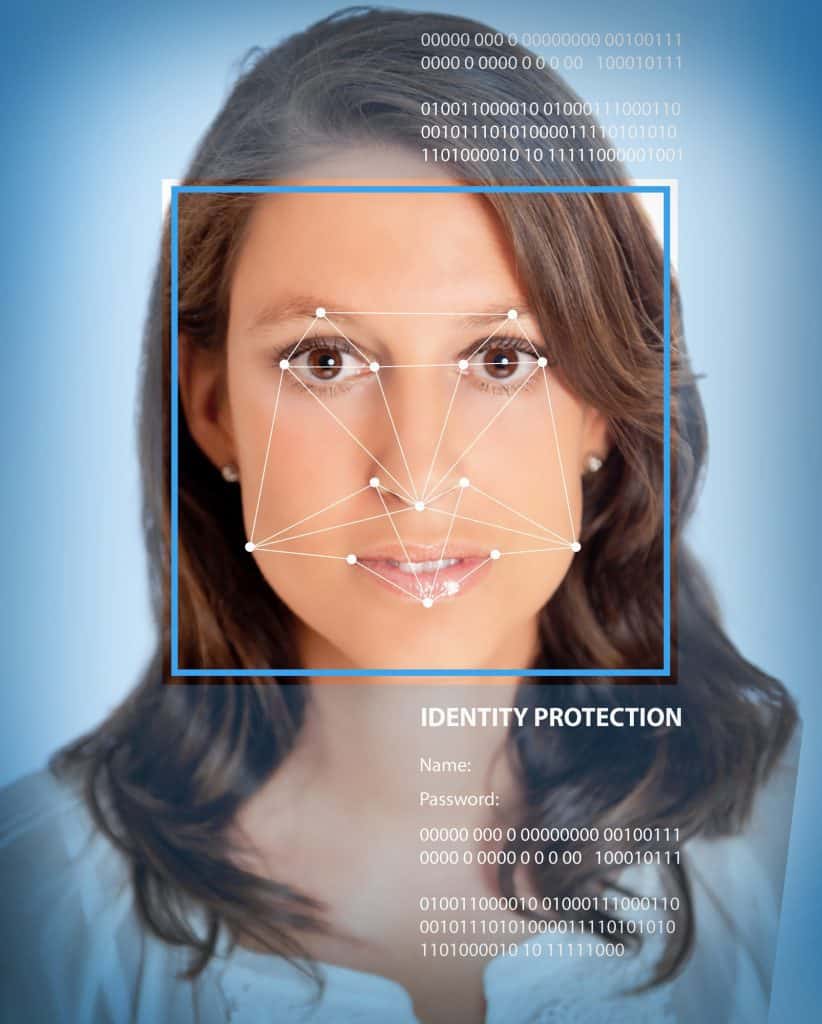Technology has impacted every sector of life since its emergence and the criminal justice system is not exempted. The use of facial recognition technologies by the police department to investigate and solve criminal matters has been a major talking point, as there is a need to strike a balance between protecting the citizens’ right to privacy and providing security for the society.
Recently, Britain’s Court of Appeal held that the South Wales’ police force use of facial recognition technology violates human rights to privacy and data protection laws. The claim that the Automated Facial Recognition (AFR) technology violated the right to private life under Article 8 of European Convention on Human Rights, Data Protection Legislation and the Public Sector Equality Duty of the Equality Act (2010) was upheld. The police force makes use of the AFR to determine if two facial images show the same person, the comparison is done with faces of people on the wanted list. Therefore, this results in unwarranted processing of sensitive personal data by the police.
On the part of the Police Department, it is claimed that the use of Live Facial Recognition (LFR) technology will help to tackle serious violence, gun and knife crimes, sexual offences and help to protect vulnerable people in the society. Thus, it is believed that this act conforms to the law, takes ethical concerns into account and respects the human right.
Conclusively, the use of facial recognition technology by the police has come under scrutiny around the world, especially with the belief that unlimited discretion is left in the hands of individuals. Therefore, the need to respect and uphold human rights to privacy cannot be overemphasized.



